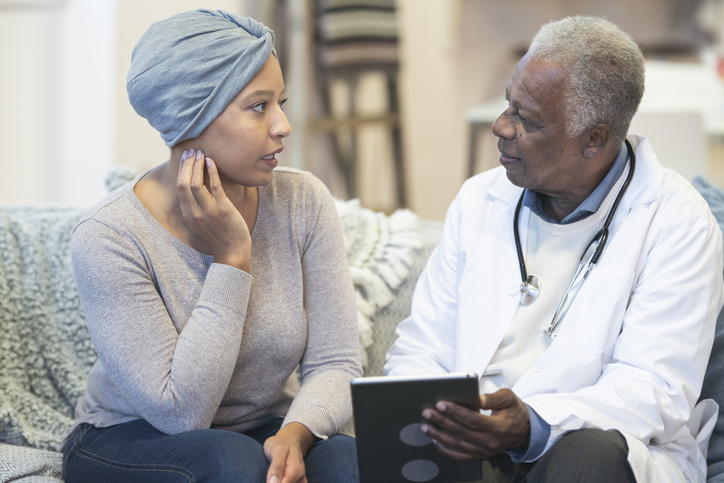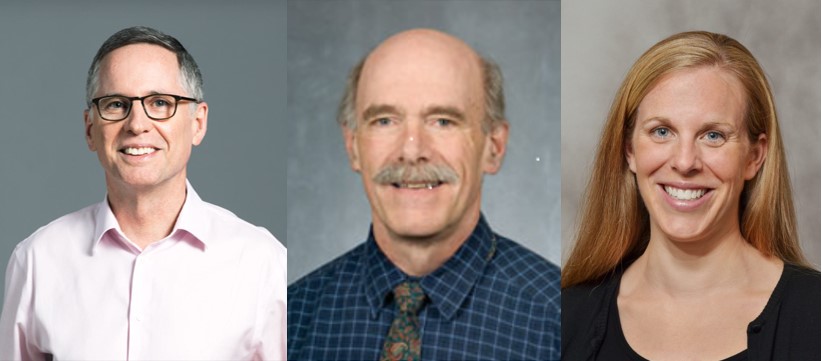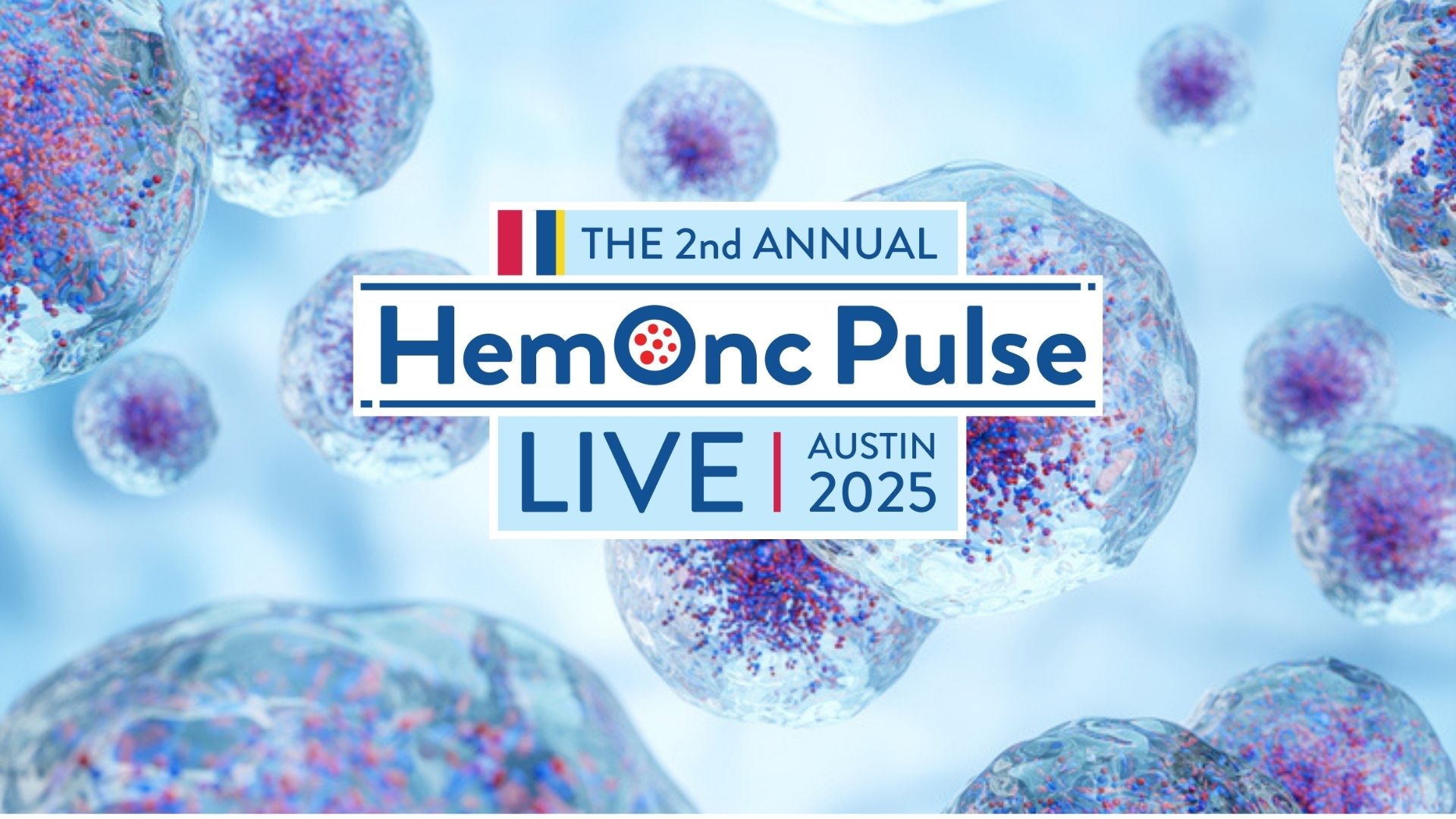
Previous studies have shown that Black patients with some blood cancers are at increased risk for blood clots. A research team from Boston University (BU) School of Medicine will be taking on the question of why these disparities in blood clot risk exist.
The American Heart Association is funding the team from Boston University and the Boston Medical Center (BMC), led by Katya Ravid, DSc, professor of cardiovascular medicine at BU. The team will investigate the various ways that cardiovascular diseases, such as blood clots, occur in cancer patients, and why this risk is increased for Black patients, among other demographic groups.
Mortality due to blood clotting impacts one in seven patients with cancer. Some cancer therapies may increase the risk of blood clotting.
“This [study] may help to better predict which cancer patients are at risk for blood clots, and to identify treatments to prevent blood clotting in some types of cancers,” said Ravid in an interview.
Together with Vipul Chitalia, MD, PhD, associate professor of medicine at BU, and colleagues, Ravid and her team will open at a new center at BU and BMC, titled the Cancer-Associated Thromboembolism as Affected by Health Disparities. The goal of this center is to determine the relationship between cancer and diseases impacting the heart and lungs.
The research team intends to evaluate the biological mechanisms behind blood clotting in patients with cancer, using data from the Veterans Health Administration and from patients treated at BMC. They will also assess how the risk of blood clotting is linked to social factors such as living conditions, diet, and race.
In addition to developing the center, BMC is using some of the award funding toward a partnership with Tougaloo College, a historically Black liberal arts college in Jackson, Mississippi. BMC will help with the development of a training program in cardio-oncology at Tougaloo.
“It’s important that we pass on knowledge gained through this center, at the scientific level and professional level, to budding scientists,” said Ravid. “To me that’s part of the mission of the center.”






 © 2025 Mashup Media, LLC, a Formedics Property. All Rights Reserved.
© 2025 Mashup Media, LLC, a Formedics Property. All Rights Reserved.